The Industry Box June 2016
Billions Set to Pour into Real-Estate Investments
Mutual funds are about to get much more real. A big change is coming in how stock indexes measure the market, one that's likely to push tens of billions of dollars into real-estate investments, according to estimates. All that cash could drive further gains for a group of stocks that's already done quite well since the financial crisis. Critics say it could also make an area of the market that they call overvalued even more so.
The deluge of cash is the result of a re-think by index providers about how they see the market's construction. The Standard & Poor's 500 and other indexes have long split the market into 10 main sectors, such as technology companies or utilities or industrials. After the market closes on Aug. 31, S&P Dow Jones Indices and MSCI will carve out real estate to become the 11th sector.
For investors who own only broad index funds, the change won't mean much. Real-estate investment trusts, which own apartments, office buildings and shopping malls, will still make up about 3 percent of the S&P 500, and they'll make up the same percentage of S&P 500 index funds.
Many mutual funds have nothing at all invested in real estate. Nearly 40 percent of large-cap core fund managers have zilch, according to a review by Goldman Sachs strategists. But that's not obvious from a quick glance at funds' marketing materials, which generally show how much is invested in each of the 10 big sectors
Entrepreneurship on The Rise Again
The rate of entrepreneurship in the U.S. rose last year, ending a decline that began in 2010, according to a study by the Kauffman Foundation, which researches entrepreneurship.
Kauffman counted 310 new entrepreneurs per 100,000 adults, up about 10 percent from 280 in 2014. The 2015 figure translates into about 530,000 new business owners each month.
Entrepreneurship slowed as a result of the recession, not only due to caution from would-be entrepreneurs, but also because loan and investor money has been harder to come by. Other loan issues have held back entrepreneurs: Home-equity lines of credit that many people used in the past to start companies have shrunk as bankers grew leerier. And many people with tens or hundreds of thousands of dollars in school loan debt can't afford to start companies while they have steep monthly payments.
Kauffman said the increase in entrepreneurship is a good sign for more job creation and the economy. However, many startups don't hire immediately, and the weakness of the economy this year has helped keep small business hiring in check.
Stocks Improve as Tech Companies Take the Lead
U.S. stocks made their biggest gain since March as technology companies like Apple and Microsoft soared. Homebuilders also climbed after the government said sales of new homes reached an eight-year high last month. That was a sign the housing market and the broader economy are still in pretty good shape.
Tech stocks made their biggest gain in almost three months, which erased their losses from earlier this year. Banks rose as interest rates continued to inch higher, which lets banks make more money on lending.
"A little bit of good data has reminded people that things are actually OK," said David Lefkowitz, senior equity strategist at UBS Wealth Management. "It's almost like a rubber band. When things get too stretched they snap back."
Tech stocks led the market higher with their biggest jump since March 1. Apple picked up $1.47, or 1.5 percent, to $97.90 and Alphabet, Google's parent company, added $15.78, or 2.2 percent, to $733.03. Microsoft rose $1.56, or 3.1 percent, to $51.59.
Home building stocks jumped after the Commerce Department said sales of new homes reached their highest level since January 2008. Sales of both newly-built and previously-occupied homes grew as job gains and low mortgage rates encourage Americans to keep buying homes.
A Rising Housing Market Lifts Builders and Home Goods Retailers
A new report that showed Americans are snapping up homes at a pace not seen since the housing bust-fueled recession pushed the trading of shares of all companies affiliated with the sector into overdrive.
The Commerce Department reported that new home sales jumped 16.6 percent to a seasonally adjusted rate of 619,000, up from a revised total of 531,000 in March. A mix of steady job gains and historically low mortgage rates are bringing more Americans back into a housing market even as rising prices put many properties out of range.
Recently, new home construction climbed 6.6 percent to a seasonally adjusted annual rate of 1.17 million units in April. Ground breakings are running ahead of last year's pace, largely because of a dramatic increase in the construction of single-family houses, especially in the Midwest and South.
Home building suppliers Masco Corp. and American WoodMark Corp. rose 2.5 percent and 4 percent, respectively. Newell Brands, which makes storage products and more for the home, and appliance-maker Whirlpool also gained ground. Home Depot Inc. and Lowe's both put up huge numbers for the first quarter recently and shares of both home supply retailers hit all-time highs this month
Copyright 2016 The Associated Press. All rights reserved. This material may not be published, broadcast, rewritten or redistributed.
This letter is for information purposes only and is not an advertisement to extend customer credit as defined by Section 12 CFR 1026.2 Regulation Z. Program rates, terms and conditions are subject to change at any time. Licensed by the Department of Business Oversight under the California Residential Mortgage Lending Act, 4131316 NMLS #237653




